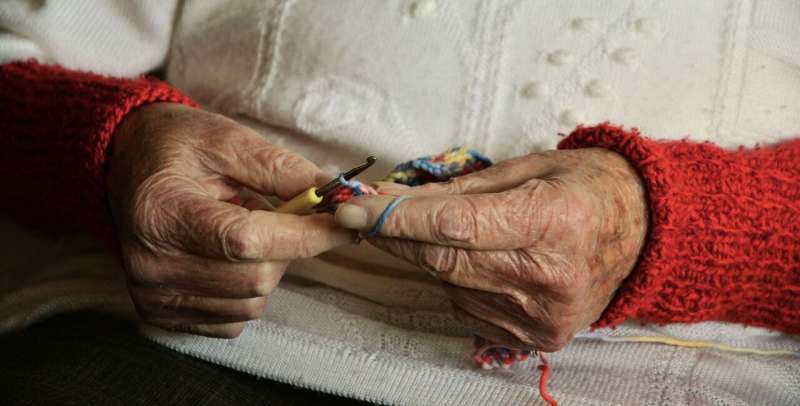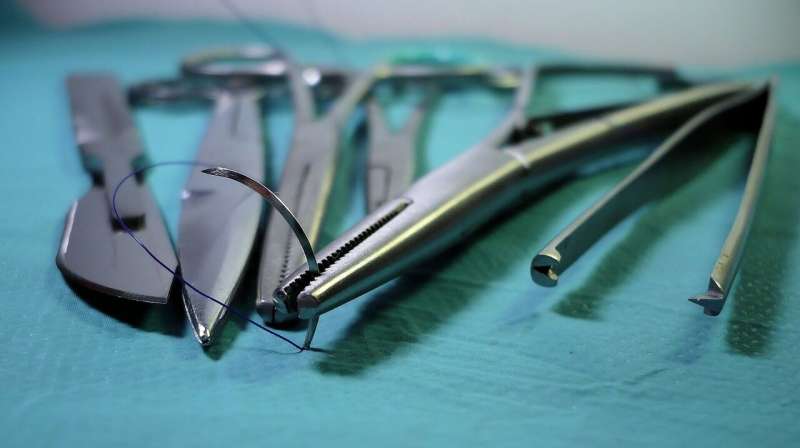How Cell Mutations in Tissues Influence the Aging Process

Discover how somatic mutations in muscle and blood vessel tissues accelerate aging and contribute to age-related decline. New research highlights the role of genetic changes in tissue deterioration and potential therapeutic targets.
Recent research from Karolinska Institutet in Sweden has shed light on how age-related mutations in muscle and blood vessel tissues can impact the aging process and contribute to health deterioration over time. Published in Nature Aging, these studies reveal that somatic mutations—genetic changes acquired in cells during one’s lifetime—can impair tissue function and regenerative abilities.
Somatic mutations occur due to environmental exposures or DNA copying errors during cell division. While widely associated with cancer development, their influence on normal tissue aging has been uncertain. The new studies demonstrate that mutations accumulating in muscle cells and vascular tissues can diminish muscle strength and hasten blood vessel aging, which are key factors in age-related decline.
Principal investigator Maria Eriksson explains that these mutations can hinder the tissues' ability to repair and regenerate, leading to weakened muscles and compromised blood vessels. Interestingly, the research identified a mutation similar to that causing progeria, a rare rapid-aging disease. In 2003, Professor Eriksson uncovered that progeria results from a genetic mutation producing a harmful protein called progerin. The current studies found this mutation and protein also present in the blood vessels of some patients with chronic kidney disease, suggesting a link between somatic mutations and vascular damage in disease states.
In experiments with mice, researchers observed that cells with progerin can spread and cluster along vessel walls, contributing to tissue damage and early vascular aging. This indicates that somatic mutations in vascular tissues may promote tissue deterioration in aging.
The second study employed mouse models to explore how somatic mutations in muscle tissue affect strength. Results showed that accumulating mutations impairs muscle regeneration, results in smaller muscle cells, decreased muscle mass, and weaker grip strength, highlighting how genetic alterations influence muscle aging.
These findings demonstrate that somatic mutations are instrumental in reducing tissue function and accelerating degenerative aging processes. Understanding these mechanisms could lead to novel biomarkers for early detection and targeted treatments for age-related diseases. Moreover, studying rare genetic conditions like progeria offers valuable insights into common aging pathways.
Overall, this research emphasizes the significance of genetic stability in tissues and opens avenues for interventions aimed at minimizing mutation accumulation, potentially improving health span and delaying age-related decline.
Stay Updated with Mia's Feed
Get the latest health & wellness insights delivered straight to your inbox.
Related Articles
How to Strengthen Your Pelvic Floor for Better Health
Discover effective strategies to strengthen your pelvic floor muscles, reduce common pelvic conditions, and improve overall pelvic health with expert guidance and targeted exercises.
Internationally Recognized Curriculum Launched to Standardize Epilepsy Surgery Training
The ILAE has developed the first international curriculum to standardize epilepsy surgery training, aiming to improve epilepsy care globally. This comprehensive program addresses training gaps and promotes high-quality surgical practices.
Camel Milk Consumption Reduces Allergic Asthma Symptoms in Mice
Research shows that camel milk consumption can significantly reduce airway responsiveness and inflammation in a mouse model of allergic asthma, highlighting its potential as a natural aid in asthma management.
Concerns Mount Over Kennedy's Anti-Vaccine Measures and Impact on Vaccine Availability
Robert F. Kennedy Jr.'s efforts to challenge the vaccine system may threaten vaccine availability and public health, raising concerns among experts about the potential impact on vaccine safety, funding, and approval processes.



